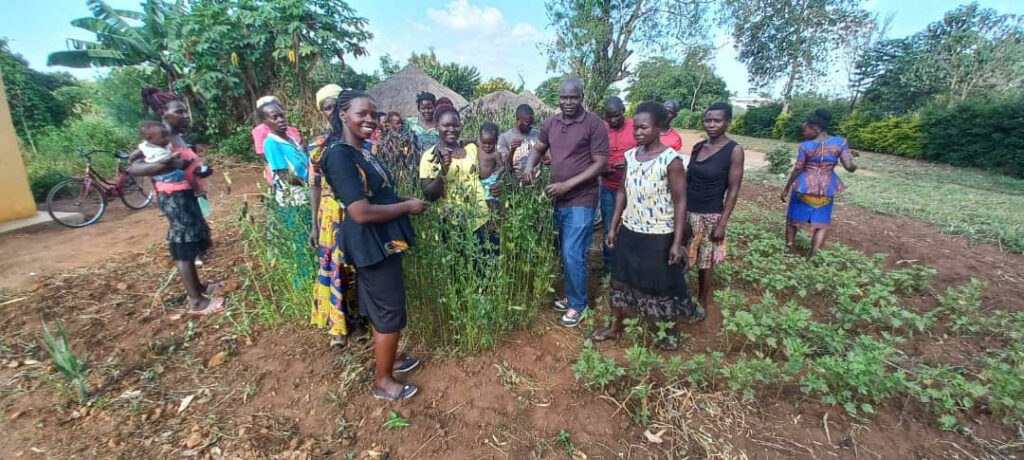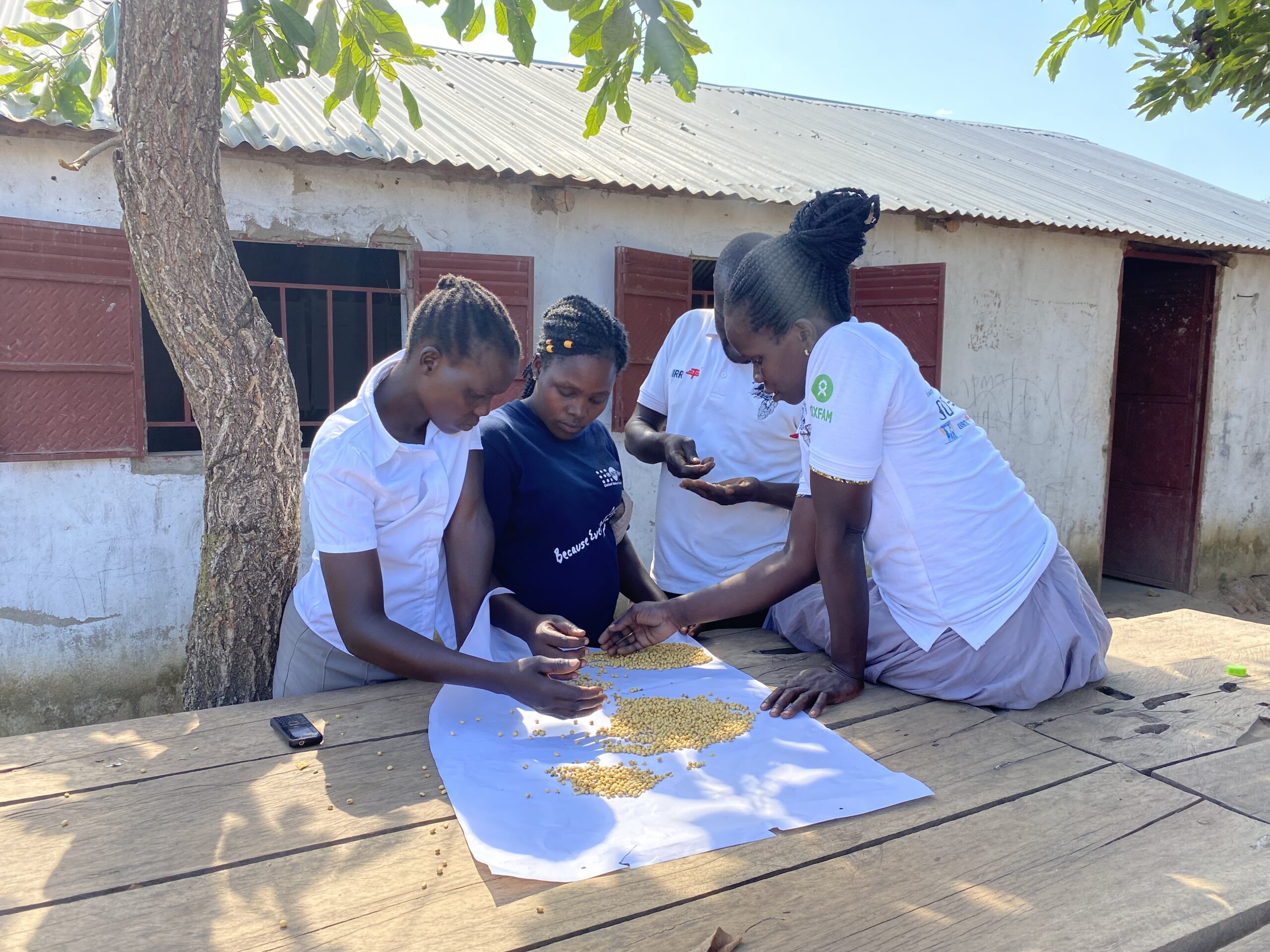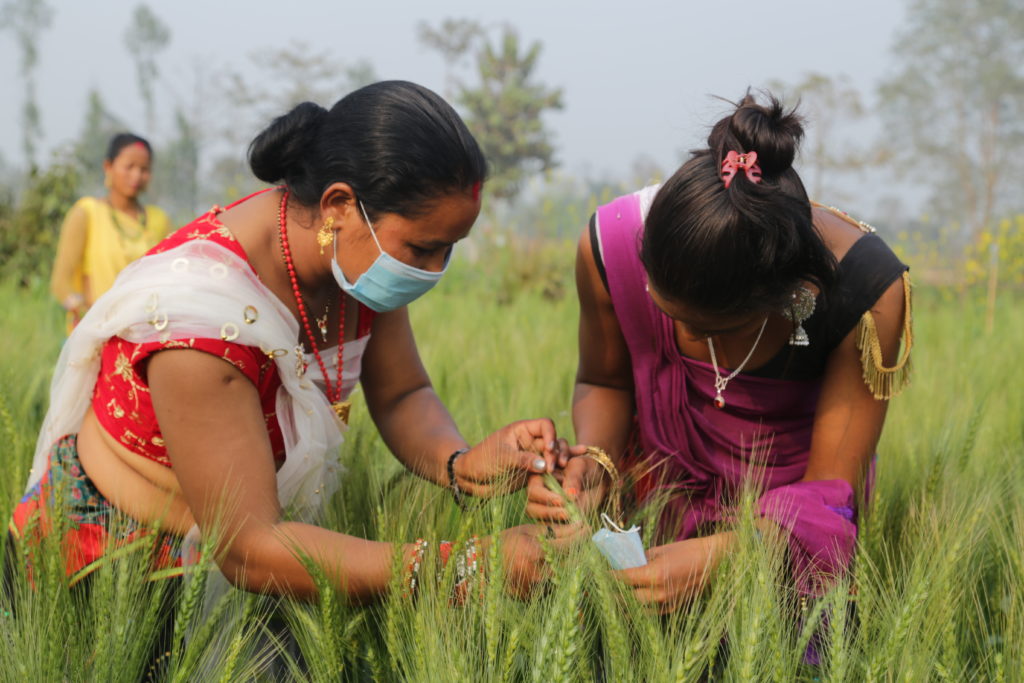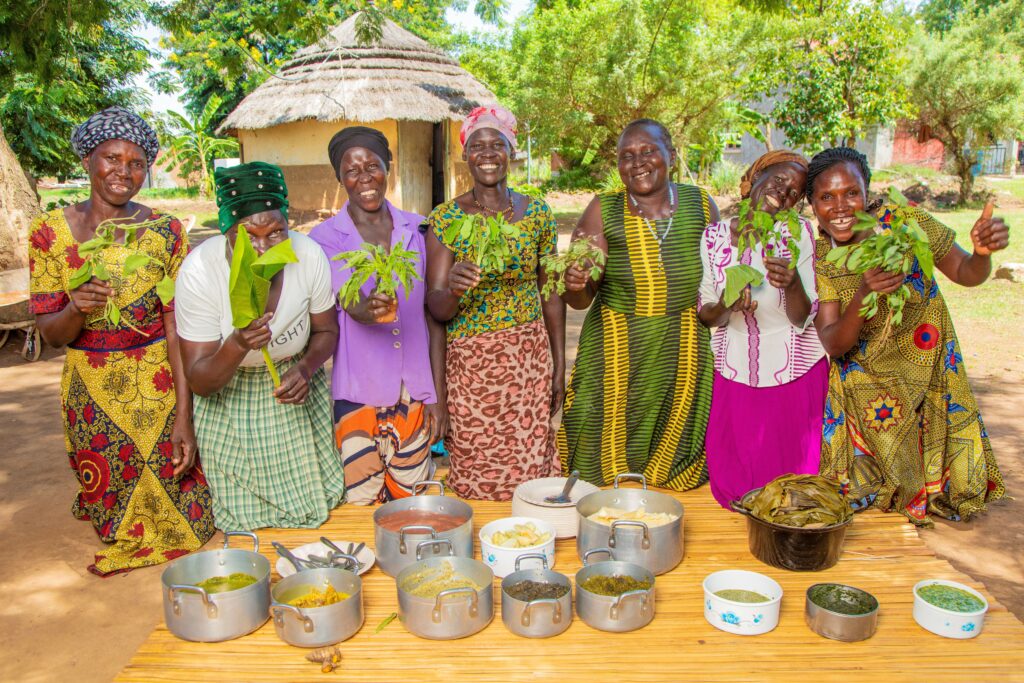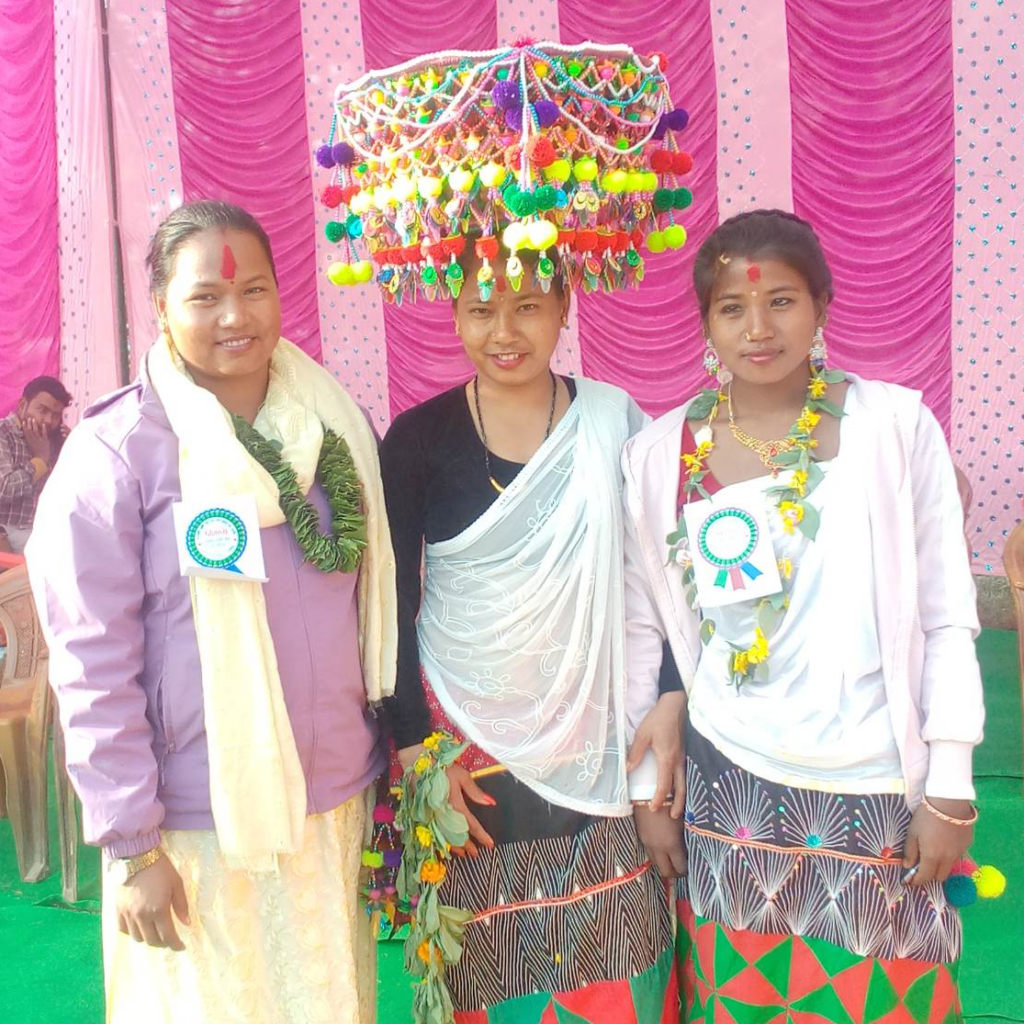Clustered Refresher Training on Farmer Field School (FFS) Methodology
Refresher training sessions on the Farmer Field School (FFS) Methodology were organized in clusters. In Omoro district, a total of 14 FFS facilitators (8 females and 6 males) underwent reorientation on FFS methodology during the period from 28- 31 August 2023. The primary objective of this training was to enhance their capabilities for effectively managing FFS activities. The training primarily concentrated on developing FFS action plans for the remaining project duration while addressing identified knowledge gaps. Among the areas requiring additional reinforcement were timeline analysis, the diagnostic stage, and the establishment of breeding objectives.
After the refresher training, these facilitators proceeded to implement similar training sessions within their respective FFS groups. A total of 17 FFS groups from the four Sub-counties in Omoro district actively participated in these sessions. The overarching aim was to bolster and support the operation of the Farmers Field Schools. Furthermore, five Farmer Field Schools underwent the Participatory Variety Selection (PVS) process, during which a comprehensive implementation calendar for the entire season was formulated to guide their activities. Additionally, eleven Farmer Field Schools received reorientation on the principles of Participatory Variety Enhancement (PVE) and its practical implementation.
Capacity Building in Post-Harvest Management, Value Addition, Branding, and Quality Seed Packaging for Farmer Field Schools
Training sessions focused on post-harvest handling, value addition, branding, and packaging for Quality Declared Seed were conducted for Farmer Field Schools in Nebbi, Omoro, and Soroti. This training involved 11 Farmer Field Schools, with 3 representing Nebbi, 3 from Omoro, and 5 from Soroti. The objectives of this training were to enhance the knowledge of seed producer groups in Uganda regarding value addition techniques for Quality Declared Seed, provide training to these groups on effective branding strategies to boost the market presence of their seed products and offer practical guidance on appropriate packaging methods to ensure the preservation and marketability of Quality Declared Seed.
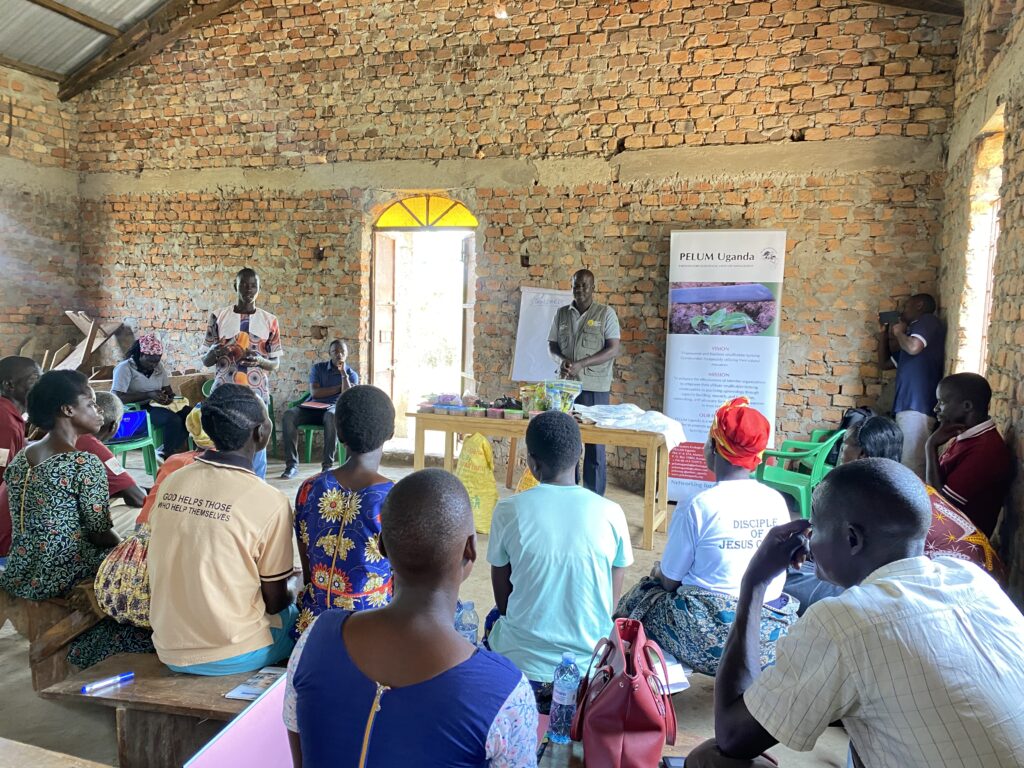
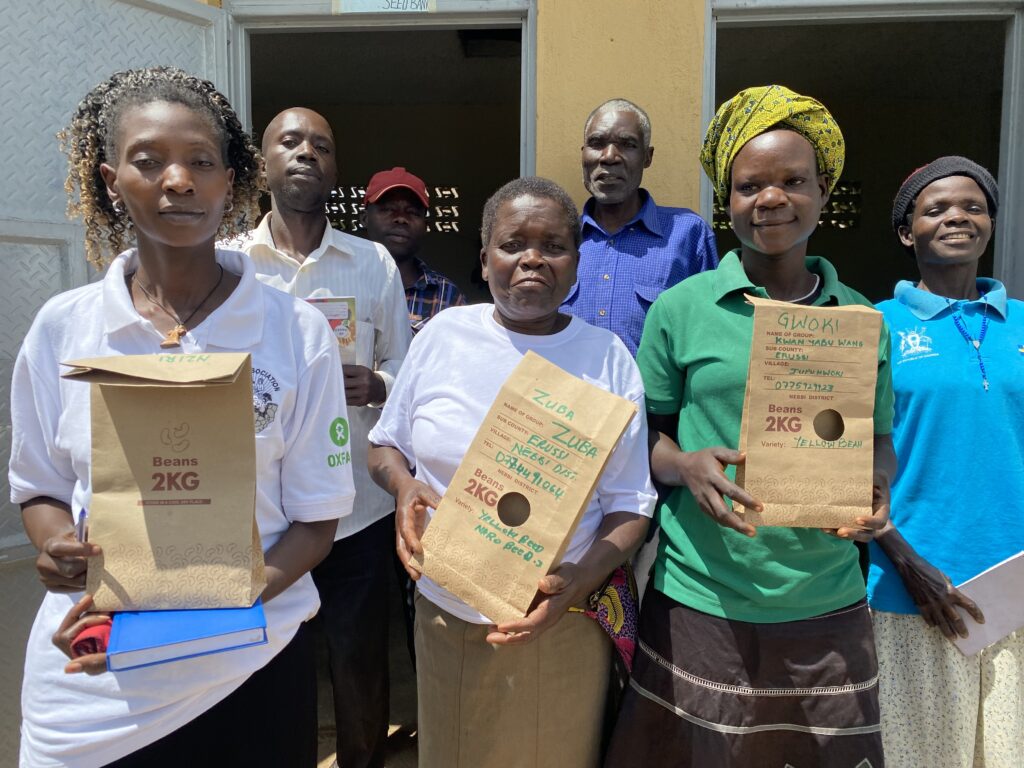
Throughout the training, representatives from various Farmer Field Schools were introduced to high-quality materials suitable for packaging their seeds. They were also instructed on different branding strategies and catchphrases that could captivate potential customers.
In each of the three regions where the training took place, district agricultural officers were invited to share insights with members of the Farmer Field Schools. They discussed certification requirements for Quality Declared Seed, placing particular emphasis on the key prerequisites for FFS certification as producers.
As a result of this comprehensive training, members of the Farmer Field Schools gained valuable knowledge about the essential criteria for certification, the necessary materials for quality branding, and best practices for post-harvest handling to ensure the quality of their seed products.

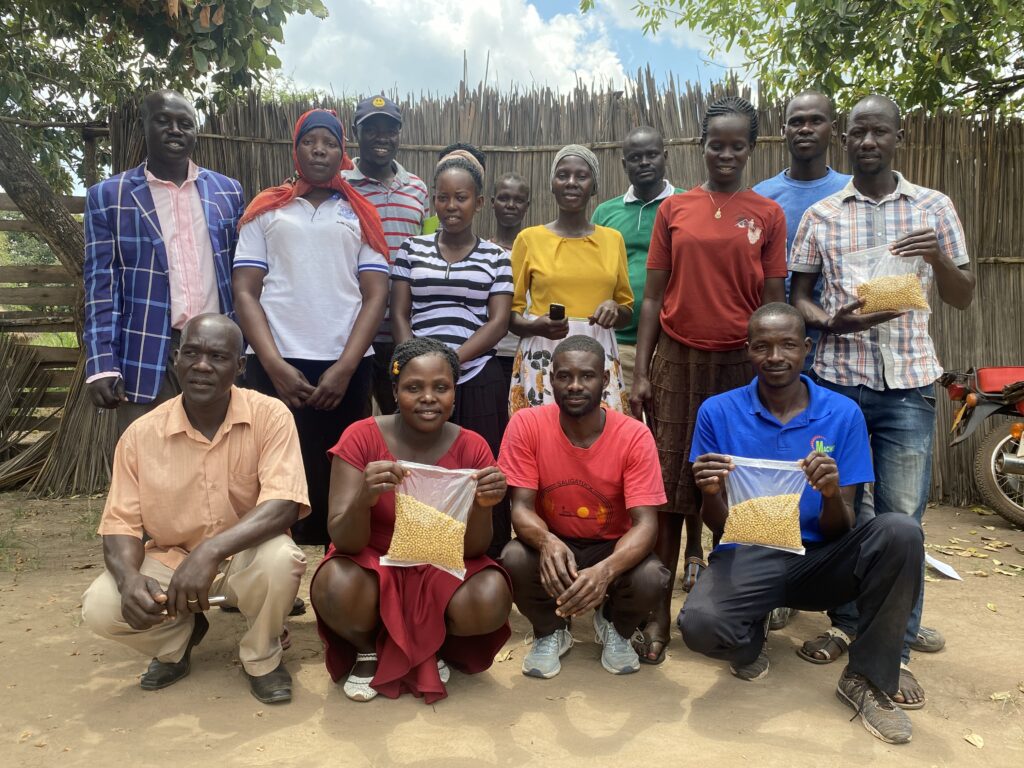
District-Level End-of-Season Assessment for Farmer Field Schools
The Eastern and Southern Africa Small-Scale Farmers’ Forum (ESAFF) Uganda conducted a district-level end-of-season evaluation from 15- 31 August 2023. The objectives of the assessment were to measure progress in Participatory Plant Breeding (PPB) and local food plants for nutrition. Additionally, it aimed to assess the functioning, activities, curriculum, and documentation of various parameters within the FFS. The evaluation also evaluated the performance of FFS facilitators and groups in achieving program targets and impact. During this assessment, facilitators identified pressing issues and areas for improvement in FFS activities. These included land conflicts and complexities in terminology and documentation tools. The district-level evaluation also provided an opportunity for FFS facilitators to assess group dynamics, participation levels, and their own roles as facilitators.

Follow-Up on FFS Implementing the Gender Journey Module
Gender disparities persist in agriculture, particularly for women who play a central role. Access to resources, including land, remains a significant challenge, affecting food security and income. Cultural, social, and structural barriers hinder gender equity progress. ESAFF Uganda selected FFS in Amuria, Apac, and Adjumani to pilot the gender journey module. This initiative aimed to understand the gender context and establish gender action plans. FFS provided a platform for discussion and experimentation. ESAFF Uganda followed up on these FFS to enhance their capacities and promote gender equality. In some FFS, women dominated, necessitating greater male engagement, while in traditionally male-dominated FFS, female leadership was encouraged. Positive changes were observed in understanding gender roles and fostering equal participation, leading to unity and increased innovations within FFS, including potential business ventures.
